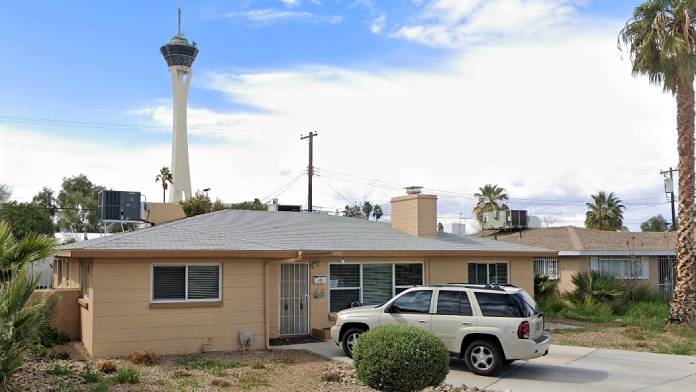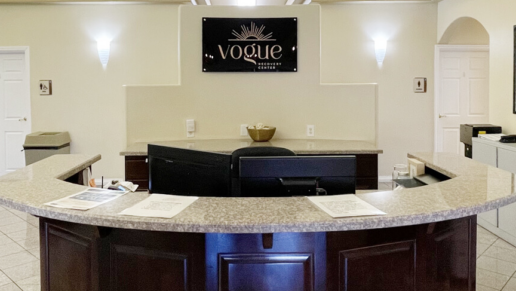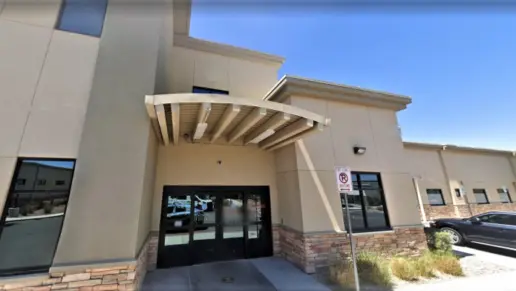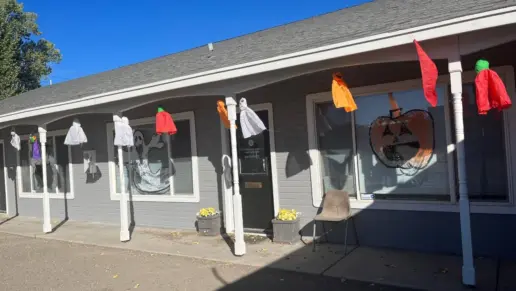We Care has a great program. Thanks to the amazing staff, miracles happen every day in this house. Thank you all who helped me when I came broken to you, your support was out of this world.
About We Care Foundation
We Care Foundation is out in Las Vegas, Nevada. It’s an inpatient center for women who are battling alcohol or drug addictions. They’re based on the 12 Steps. The last step is to reach lifelong sobriety.
Once you’re admitted into their home, you’ll attend group meetings and work on your recovery. This can include cleaning, cooking, doing chores around the yard and helping to run the house. This will help you learn responsibilities and develop daily routines. That way, when you graduate, you’ll already have a head start in getting back to a healthy lifestyle. You’ll also work with the Grateful Hearts charity to support women who have few resources.
Their therapy options are based on small groups that are made up of groups of six or fewer. You’ll build life skills and develop empathy for your peers as you learn and share with each other. Family support is also available so that your loved ones know what to expect and how to best keep you committed to the program.
There’s a non-refundable deposit of $750.00 that must be made at admittance. Two weeks later an additional payment of $800.00 must be made. The last payment of $750.00 is due before you go home.
Rehab Score
Gallery

Location
Other Forms of Payment
Self-pay involves paying for treatment out of your own pocket. You can use savings or credit, get a personal loan, or receive help from family and friends to fund your treatment. If you don't have insurance or your insurance plan doesn't cover a specific program, self-pay can help ensure you still get the care you need.
Addiction Treatments
Levels of Care
Treatments
The goal of treatment for alcoholism is abstinence. Those with poor social support, poor motivation, or psychiatric disorders tend to relapse within a few years of treatment. For these people, success is measured by longer periods of abstinence, reduced use of alcohol, better health, and improved social functioning. Recovery and Maintenance are usually based on 12 step programs and AA meetings.
When you enter drug rehab in Nevada, you receive professional assistance to remove drugs from your body and cease your body's need for the substance. You learn coping strategies and receive support to prevent relapse and enjoy long-term sobriety.
Opioid rehabs specialize in supporting those recovering from opioid addiction. They treat those suffering from addiction to illegal opioids like heroin, as well as prescription drugs like oxycodone. These centers typically combine both physical as well as mental and emotional support to help stop addiction. Physical support often includes medical detox and subsequent medical support (including medication), and mental support includes in-depth therapy to address the underlying causes of addiction.
Substance rehabs focus on helping individuals recover from substance abuse, including alcohol and drug addiction (both illegal and prescription drugs). They often include the opportunity to engage in both individual as well as group therapy.
Programs


Clinical Services
Group therapy is any therapeutic work that happens in a group (not one-on-one). There are a number of different group therapy modalities, including support groups, experiential therapy, psycho-education, and more. Group therapy involves treatment as well as processing interaction between group members.
In individual therapy, a patient meets one-on-one with a trained psychologist or counselor. Therapy is a pivotal part of effective substance abuse treatment, as it often covers root causes of addiction, including challenges faced by the patient in their social, family, and work/school life.
Life skills trainings involve all the skills a person must have in order to function successfully in the world. These include time management, career guidance, money management, and effective communication. Truly successful addiction recovery is based on the ability to not only live substance-free, but to thrive. Life skills teaches the practical necessities of functioning in society, which sets clients up for success in life, and therefore sobriety.
Amenities
-
Residential Setting
-
Private Setting
Contact Information
2216 South 6th street
Las Vegas, NV 89104


